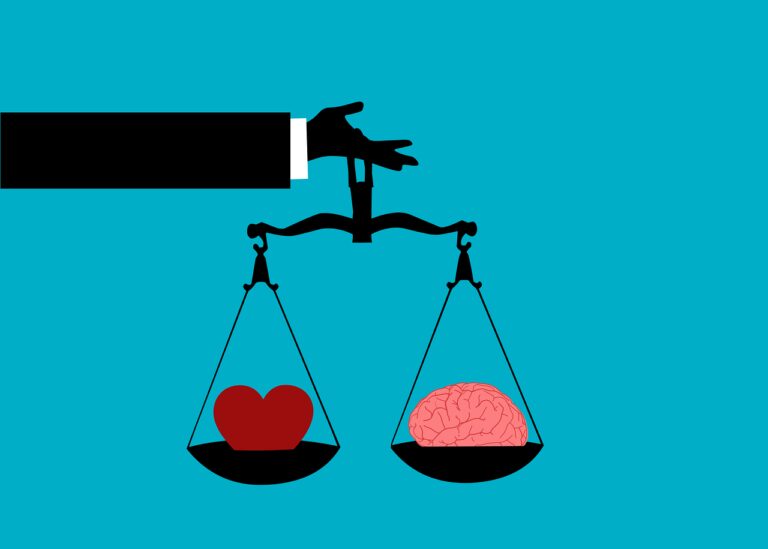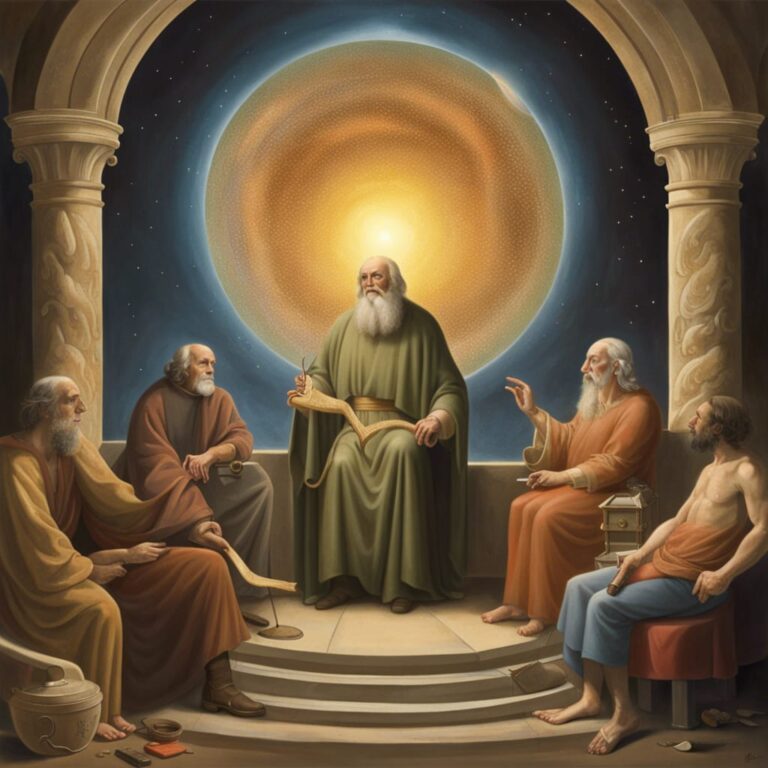
There’s a lot of debate surrounding the concept of time. Is it a linear sequence, or are there multiple dimensions that we can’t understand? While there are many theories on the matter, one thing is for sure: time is complex. In this post, we’ll be discussing two different ways of looking at time- presentism and eternalism. We’ll explore the pros and cons of each perspective, and see which one comes out on top. Stay tuned.
Presentism and Eternalism
The philosophical positions of presentism and eternalism are both concerned with the relationships between the past, present, and future. Presentism is the position that only the present exists; the past and future do not exist except as present memories and present expectations. Eternalism is the position that past, present, and future all exist equally; time is just a way of slicing up existence into smaller chunks.
The debate between these two positions is complicated by the fact that they both seem to be supported by common experience. For example, when we remember the past, it seems to exist just as vividly as the present. And when we look into the future, it seems like a real thing that we will one day experience. However, philosophers have argued that these apparent supporting experiences can be explained without resorting to eternalism.
For presentism, the explanation is that our memories are just mental representations of the past; they are not literally re-experiences of those events. And for eternalism, the explanation is that our experiences of Future Tuesday are just predictions based on our current knowledge; they are not literally experiences of a real event that has not yet happened.
So which position is correct? That depends on how you understand time. If you think of time as a fourth dimension (like height or width), then eternalism seems obviously true. But if you think of time as something like a stream (with a definite beginning but no end), then presentism might be the more plausible option. Philosophers continue to debate this issue, and there is still no consensus about which position is correct.
🔭Compare
At its core, the debate between presentism and eternalism is about the nature of time. Presentism is the belief that only the present exists; the past and future are merely concepts used to describe changes in the present. Eternalism, on the other hand, is the belief that all moments in time exist simultaneously; the past, present, and future are all real and equally valid. Each approach has its own advantages and disadvantages.
Presentism
Presentism has the benefit of simplicity; it is easy to understand and doesn’t require any complicated metaphysical assumptions. Furthermore, it has the advantage of being intuitively plausible; our experience of time seems to support the idea that only the present exists. However, presentism also has a number of disadvantages.
First, it is difficult to square with our common-sense beliefs about causation; if only the present exists, then how can events in the past cause events in the future? Second, it faces serious problems when applied to certain scientific theories, such as quantum mechanics; if only the present exists, then how can particles influence each other instantaneously across space? Finally, presentism implies that our mental states are somehow disconnected from reality; after all, our memories are just thoughts about a nonexistent past.
Eternalism
Eternalism avoids these problems but comes with its own set of difficulties. First, it seems to imply that time travel is possible; if all moments exist simultaneously, then surely we should be able to visit any moment we like. But this raises all sorts of paradoxes (e.g., what would happen if you went back in time and killed your grandparents?).
Second, eternalism implies that change is an illusion; if everything already exists, then how can anything ever really change? This runs counter to our everyday experience of the world. Finally, eternalism makes counter-intuitive predictions about certain quantum phenomena; for example, it implies that there are an infinite number of Parallel universes where every possible outcome of every event actually happens.
In light of these problems, it is clear that neither presentism nor eternalism provides a completely satisfactory account of time. The true nature of time may well be something even more strange and mysterious than either theory suggests.
🧩Which is more logical
The philosophical debate between presentism and eternalism is one that has puzzled thinkers for centuries. On the one hand, presentism seems to be the more intuitive view, since it asserts that only the present exists. This would seem to follow from our everyday experience since we are only ever conscious of the present moment.
Furthermore, it appears to be corroborated by science, which tells us that the past is not really what happened, but only a set of memories stored in our brains. On the other hand, however, eternalism has some strong arguments in its favor.
One key issue is causality: if the past doesn’t really exist, then how can it cause the present? This seems to imply that there is no such thing as cause and effect, which is clearly counterintuitive. Furthermore, if only the present exists, then how can we explain memory? If our memories are just thoughts in our heads, then how can we be sure that they accurately reflect what actually happened in the past? These are just some of the issues that make eternalism a more attractive proposition than presentism.
Ultimately, there is no clear answer to this debate – it simply comes down to which view makes more sense to you.
Why Both Should Be Considered
Many people believe that the only things that exist are things that exist right now. This belief is called presentism. Presentism is problematic because it leads to all sorts of absurdities, like the idea that the past no longer exists or that future events do not yet exist. Eternalism is the belief that everything that has ever existed, does exist, and will exist.
Eternalism is a much more sensible view, but it also has its problems. For instance, if everything that will ever happen already exists, then how can we have free will? These are deep philosophical questions with no easy answers. However, it is important to consider both presentism and eternalism when thinking about the nature of existence.
Bottom Line
I tend to lean more towards eternalism, as it seems more in line with our everyday experience. After all, when we think about the future, it feels as real to us as the present; likewise, when we remember the past, it feels just as vivid as if it were happening now. To say that those moments don’t really exist feels counterintuitive. However, I can see the appeal of presentism as well; it’s a simpler view of time, and it has some interesting implications for free will.
Ultimately, I think the debate between presentism and eternalism is unresolved, and further investigation is needed before we can say for sure which one is correct.
Conclusion
It’s important to be aware of different philosophies so that you can make your own informed decisions. After reading this article, do you lean more toward presentism or eternalism? What other areas in life could these viewpoints be applied to? If you enjoyed reading this article and would like to learn more about philosophy, be sure to check out our other articles.





